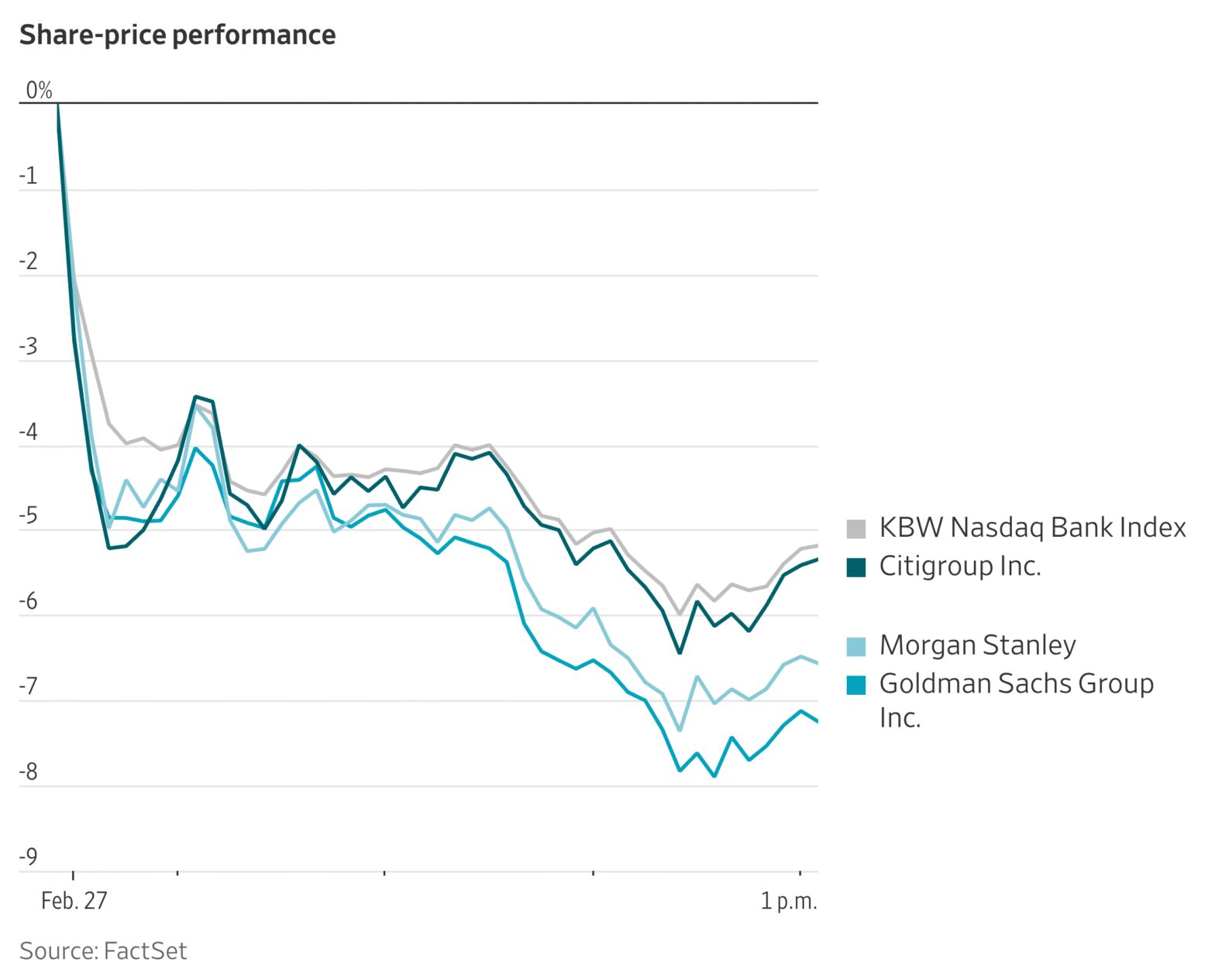These three winning funds can build wealth no matter your investing style.
Investing can be simpler than most would probably like to admit. You don’t need to be a stock-picking wizard to make money in the market; buying and holding a few high-quality exchange-traded funds (ETFs) can be a simple winning strategy. ETFs are groups of stocks or other assets packaged together based on a theme that trade under one ticker symbol.
Exchange-traded funds are fantastic for investors because they are an easy way to diversify your investments.
Whether you are looking for dividend income, high growth, or something in between, there are ETFs for you. Here are three of the best that money can buy, and you can own shares in all three for less than $1,000.
1. Invest for growing dividend income
Investors can own a portfolio of blue-chip dividend-paying stocks with the Schwab U.S. Dividend Equity ETF (SCHD 0.95%). This ETF features 103 high-quality dividend stocks, including Lockheed Martin, AbbVie, Home Depot, and Coca-Cola. The fund pays a distribution yield (ETF speak for dividend yield) of 3.4%. These companies not only pay a generous dividend, but they also regularly raise their payouts. The fund has grown its quarterly distribution by over 220% over the past decade. That means investors have meaningful and growing passive income that can be reinvested or spent on living expenses.
The fund has also generated solid returns. Over the past decade, it has mostly kept pace with the S&P 500, falling behind in recent years thanks to the run on large technology companies that the Schwab U.S. Dividend Equity ETF is underexposed to. That’s pretty solid long-term performance, considering the fund’s distribution yield far outpaces the S&P 500’s 1.3% yield. Investors looking for growing dividends with additional upside from stock price appreciation should look closely at the Schwab U.S. Dividend Equity ETF.
2. Take a more growth-focused approach
For others, maximizing share price growth is the primary focus. You may even want to outperform the S&P 500. If so, the Vanguard Growth ETF (VUG -0.38%) could be perfect for you. This fund contains 188 stocks, focusing primarily on large growth companies like the “Magnificent Seven,” as well as blue chip names like Visa and Eli Lilly. These companies have higher-than-average growth performance, which can lead to higher investment returns over the long term. The fund has returned 310% over the past decade compared to the S&P 500’s 240%.
However, there is no free lunch. Growth stocks like those in the Vanguard Growth ETF are generally more volatile and prone to big swings in both directions. When the S&P 500 drops, the Vanguard Growth ETF tends to fall further. Those who want to invest in this Vanguard ETF should know that the ride can sometimes be bumpy. That said, the fund’s long-term results arguably make it worth stomaching the ups and downs.
3. Keep it simple: Own America’s best companies
Those looking for a balanced approach can ride the S&P 500 to wealth with the Vanguard S&P 500 ETF (VOO 0.15%). The S&P 500 is the most popular index, for good reason: It has historically averaged 10% annualized returns over generations. Wars, recessions, and a global pandemic have not kept the index from regularly setting new highs over time. The index’s successful formula is simple; it contains 500 of America’s most prominent publicly traded companies. The better a stock performs, the more weight it carries in the index. It rewards successful companies, which helps grow the index.
The S&P 500 is so effective that roughly 9-in-10 professional fund managers fail to outperform it over the long run. The Vanguard S&P 500 ETF is one of only two ETFs the great Warren Buffett holds through his holding company, Berkshire Hathaway. It’s a no-brainer option for any long-term investor and a great way to build a strong portfolio foundation that will let you sleep well at night.
Justin Pope has positions in Visa. The Motley Fool has positions in and recommends Berkshire Hathaway, Home Depot, Vanguard Index Funds – Vanguard Growth ETF, Vanguard S&P 500 ETF, and Visa. The Motley Fool recommends Lockheed Martin. The Motley Fool has a disclosure policy.
















